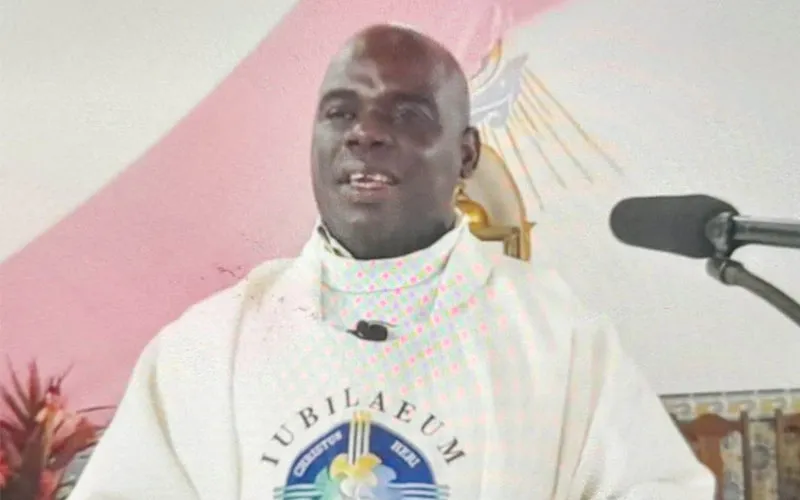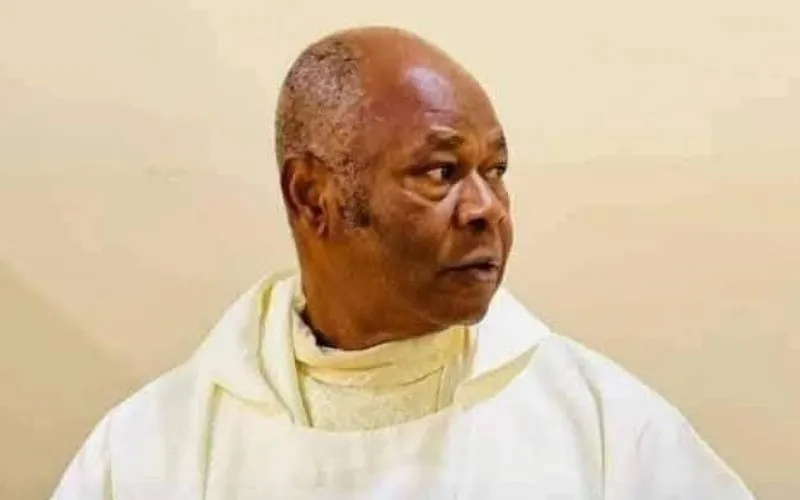Maputo, 29 April, 2023 / 10:09 pm (ACI Africa).
Organizations dealing with issues of migration in Africa need to “take concrete actions” to address the effects of the related challenges on families on the continent, a Catholic Priest in Sao Tomé and Príncipe has said.
In his reflection titled, “The African Family and Migration”, Fr. Telmo Serôdio, who is a member of the Theological Committee of the Inter-Regional Meeting of Bishops of Southern Africa (IMBISA) underlined the need to invest in formal education.
“The Church invites the organizations to think and take concrete actions to solve the problem or minimize the effects of migration on families and people in Africa,” Fr. Serôdio said during the Thursday, April 27 virtual event that IMBISA Secretariat organized.
The Catholic Priest reflected on the 2020 Africa Migration Report, an African Union (AU) document, which looks into migration on the continent. He called for joint efforts and commitment to ensure the movement of the people of God across borders is safe.
“Realizing a positive future for Africa will require the sustained commitment of Africa and its global partners to work together to ensure that no one is left behind and that migration remains positive, safe, and beneficial for all,” Fr. Serôdio said.








